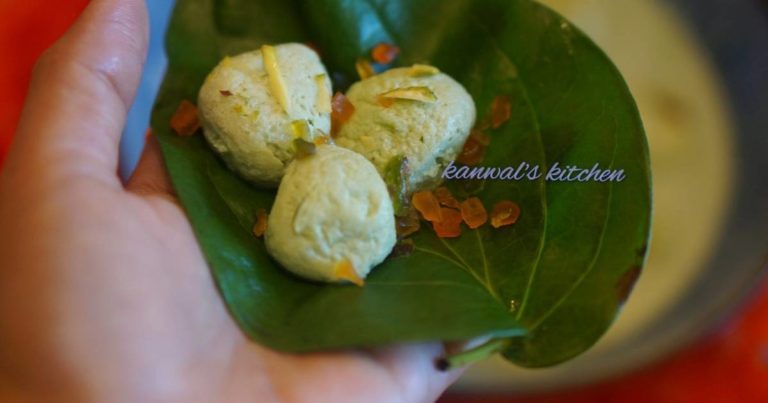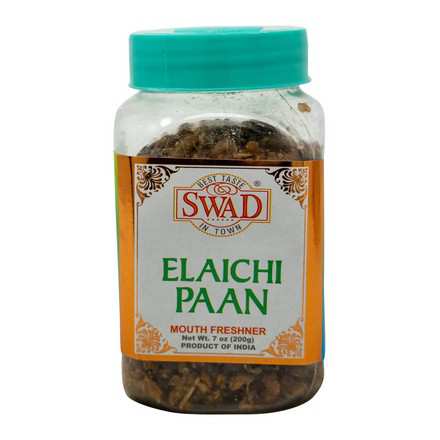The taste of Indian Paan is like scented perfume for the mouth as it dissolves away all the bad smells and sweetens the tongue’s taste. It is also suitable for digestion and is considered a mark of hospitality in India. However, people from the West may wonder what paan is and why Indians crave it after every meal. If you think that paan is a type of Indian dessert, you are partially correct. It is made from betel leaves and may be combined with various fillings depending on one’s taste, as it comes in multiple flavours, which we shall explore. Yet it is not exactly a proper dessert, and it is more considered a refreshment that most people usually have after eating traditional Indian desserts. The betel leaf from which paan is made is chilled and wrapped up before serving to anyone, which adds to its identity. Let us dive into the history of paan and its various flavours.
THE HISTORY OF PAAN
In ancient India, consuming paan was a tradition by the royalty, who considered it a symbol of their power and wealth. The practice of chewing paan is also a popular exercise for the mouth and dates back more than 2,500 years. However, the consumption of paan in ancient India resulted in conflict as people habitually spit it out in public places once they got bored of chewing. The officials tried imposing fines, but it became an obstacle when people who committed this act did not give in easily to pay the money. Nevertheless, the government devised an ingenious plan to put posters of Hindu Gods on the public walls to prevent people from spitting out of religious fear and devotion.
POPULAR PAAN FLAVORS
BANARASI PAAN
One of the popular paan flavors, Banarasi paan, comprises a combination of areca nuts, catechu of betel leaves, tobacco, slaked lime, and other ingredients like rose petals (gulkand). It is called Banarasi Paan as it is considered auspicious in Varanasi (the holy Hindu city in India).
DRY FRUIT PAAN OR MITHA PAAN
The dry fruit or mitha paan is a delight for sweet lovers, and it is made up of betel leaves filled with sweet jam-like spreads and crunchy titbits like raisins, tutti-frutti, cherries, and chopped dates. Since this type of paan has a sweet side, it is the equivalent of traditional Indian desserts since it is delicious and an effective mouth freshener.
CHOCOLATE PAAN
Chocolate Paan is a delight for children and chocolate crackers as the hazelnut spread like Nutella gets added to the official ingredients of Paan, making it a heavenly treat.
RASMALAI PAAN
Rasmalai is the savory Indian dessert from the state of West Bengal. Combining it into the flavor of paan is appetizing as we combine paneer (cottage cheese), sugar, betel leaves, kewra and rose essence milk syrup. Rasmalai paan is a blessing to indulge in due to its exotic taste.
ELAICHI PAAN
One of the best therapies to promote oral hygiene, Elaichi Paan is made from a mixture of seeds, nuts and other ingredients added with cardamom essence and flavors to enhance the aroma.
PLANNING A TRIP TO INDIA
If you plan a trip to India, you must search for the best paan joints in the country and make a list of going there as your itinerary. Paan is a delight to the world due to its special features that make it unique from other desserts and refreshments.











